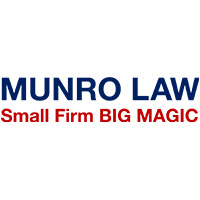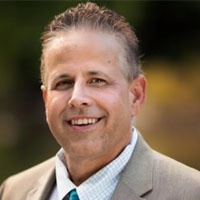Graves Mill White Collar Crime Lawyer, Virginia
Sponsored Law Firm
-
 x
x

Click For More Info:
-
Price Benowitz LLP
409 7Th St Nw Suite 200 Washington, DC 20004» view mapCriminal Law Working Relentlessly For You
Our firm was built on the understanding that comprehensive representation does not begin and end in the courtroom.
202-600-9400
Not enough matches for Graves Mill White Collar Crime lawyer.
Below are all Graves Mill Criminal lawyers.
Robert G. Munro
✓ VERIFIEDCriminal Defense & Child Custody are complex cases and require strong effective representation. Munro Law Firm stands ready for you with free consults... (more)
Robert S. Hahn
✓ VERIFIEDROBERT S. HAHN founded his legal practice in 2003 when he returned to the Shenandoah Valley, serving the needs of clients in criminal, family law, civ... (more)
William Torrico
✓ VERIFIEDI've been practicing law since 1995. I'm licensed to practice law in the Commonwealth of Virginia, the District of Columbia, the State of Georgia, th... (more)
Scott Timothy Hansen
FREE CONSULTATION
CONTACTFREE CONSULTATION
CONTACTMarie E. Washington
Benjamen James Perry
Amy M. Harper
FREE CONSULTATION
CONTACT Seth Price Washington, DC
Seth Price Washington, DC AboutPrice Benowitz LLP
AboutPrice Benowitz LLP Practice AreasExpertise
Practice AreasExpertise



